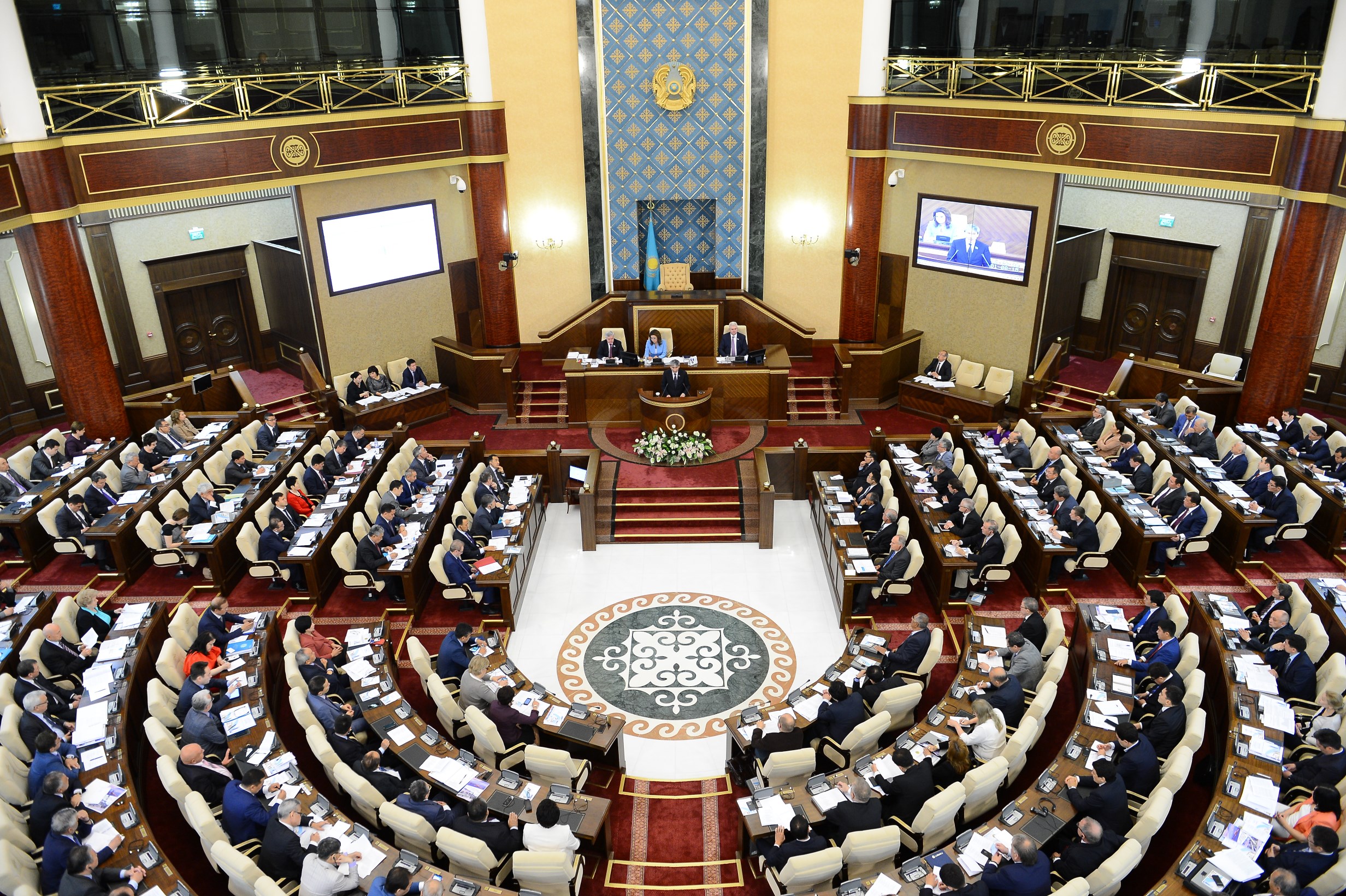The largest country in Central Asia has undergone significant political changes as the government, led by Alikhan Smailov, resigned before the inauguration of the first session of the Parliament's Eighth Convocation.
The early elections for the lower house of the bicameral Parliament, known as Mazhilis, resulted in the election of six out of seven parties that participated. The Central Election Commission (CEC) released preliminary results indicating that these six parties gained the necessary votes, crossing the five percent threshold, to secure seats in Parliament.
The Amanat party won a majority with 53.9 percent or 3,431,510 votes, followed by the Auyl People's Patriotic Democratic Party with 10.9 percent or 693,938 votes, Respublica party with 8.59 percent or 547,154 votes, the Aq Jol Democratic Party with 8.41 percent or 535,139 votes, the People's Party of Kazakhstan with 6.8 percent or 432,920 votes, and the National Social Democratic Party with 5.2 percent or 331,058 votes. Based on these results, the Amanat party secured 40 seats in the Mazhilis, while the other parties won 29 seats.
The voter turnout of over 54 percent was significant, with 6,366,441 people out of more than 12 million eligible voters casting their ballots in the Mazhilis and maslikhat, a local representative body, elections held on March 19.
The Constitution of Kazakhstan necessitates that the government resigns its powers before the newly elected parliament, as stated in a decree signed by President Kassym-Jomart Tokayev on Wednesday, directing the Kazakh government to carry out its duties until the approval of the new composition of the government.
Smailov's government, formed soon after the January protests, functioned for more than a year.
The recent elections marked a unique milestone in Kazakhstan's democratic development, employing a mixed proportional-majoritarian model for the first time since 2004. This model enabled 70 percent of deputies to be elected proportionally from party lists and 30 percent from single-mandate districts. Additionally, the elections for district and nationally significant city maslikhats utilized a mixed 50/50 electoral system, while lower-level maslikhats were elected entirely on a majoritarian basis.
President Tokayev emphasized that the early vote was part of the "modernization" campaign initiated after the country experienced violent unrest in January last year. The participation of ten international organizations and multiple foreign observers, including the Office for Democratic Institutions and Human Rights (OSCE/ODIHR) and the Commonwealth of Independent States, reportedly reflects Kazakhstan's commitment to democratic values and transparency in the electoral process.







 Armenian sappers commenced on Monday mine-clearance operations in the territories adjacent to the Saint Mary Church in village of Voskepar (Armenia...
Armenian sappers commenced on Monday mine-clearance operations in the territories adjacent to the Saint Mary Church in village of Voskepar (Armenia...
 Iran and Pakistan have signed eight cooperation documents in various fields, and agreed to strengthen ties to fight terrorism in the region.
Iran and Pakistan have signed eight cooperation documents in various fields, and agreed to strengthen ties to fight terrorism in the region.
 President Aliyev emphasized the critical role of the North-South Transport Corridor in fostering transport cooperation between Azerbaijan and Russi...
President Aliyev emphasized the critical role of the North-South Transport Corridor in fostering transport cooperation between Azerbaijan and Russi...



